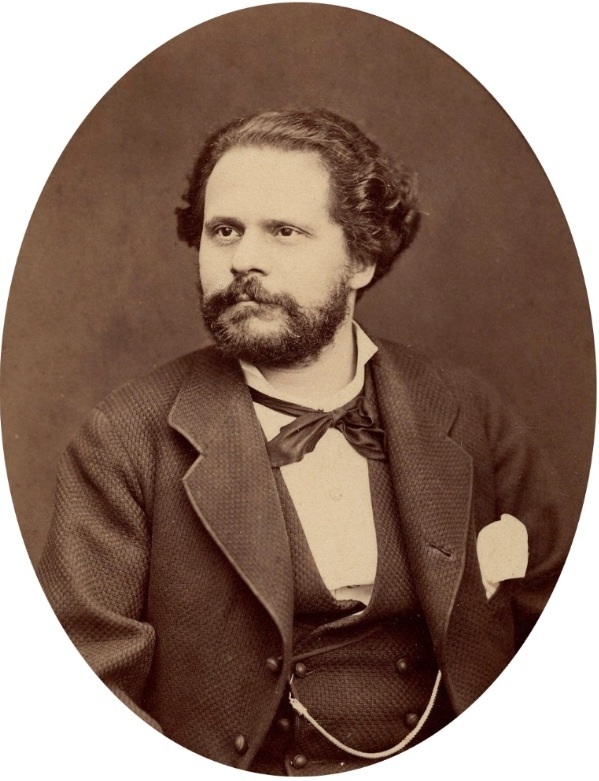The Memory of Poems

The Memory of Poems
Poetry has been one of my greatest passions ever since I was a child; I remember how when I was at primary school, we had to memorise poems, and the one that stuck with me, which I can still recite by heart is 'Pianto Antico', by a famous Italian poet, Giosuè Carducci, and I wish to start talking about this noble art starting from my experience of this poem. 'Pianto Antico' is a poignant poem, written by Carducci to come to terms with the loss of his three years old son Dante. Incapable of addressing his pain directly, the speaker starts with the memory of a pomegranate tree, which has re-blossomed after his beloved son has passed away; the contrast between the 'terra fredda', the 'cold land' (also earth) where Dante appears to be at the end of the poem and the lively blossoming of the tree (for those who have seen the beauty of a pomegranate tree in blossom, with its many big, bright vermillion tubular flowers this painful comparison cannot but be evident), is enriched and brought to a higher level by the traditional symbolism that this tree has had in our History: the pomegranate is both the symbol of luxury and has been identified with the bearer of the Forbidden Fruit, following studies in the Mesopotamian origin of the accounts in Genesis, where kings were also gardeners, and where, some say, the Original Sin may be greed, even money itself. Here, the heart-rending thought that while others may pursue their material greed, while the speaker only craves to have his son back is maybe only an idea of mine, but the excruciating span of the chasm of loss is stretched to incommensurables pain by the speaker's hint that all his aspirations were snatched away from him with the demise of Dante, and now he can only call his life 'inutil', 'useless' or, with comfortable metalepsis, 'meaningless'.
The impact this poem has had on my life has been huge: memorising it and reciting it was only the beginning of a long relationship between the poem, and poetry in general and my self, my conscious and subconscious, which has been running deep and sinking even deeper as the years went by. If I look back at this poem, most of what I have learnt from it happened long after I left primary school. The same has happened with many, many other poems in my life; what primary school gave me was a first encounter with it, which was made more permanent and more influential by memorising it. I still try to memorise as much of a poem as I can, because I know poetry has a delayed effect; it creates ripples within one's soul which grow into billows as years go by, and the fist contact between, let us say, the pebble and the surface of the ocean of our culture is small, sometimes invisible, yet what we perceive is the sound of the splash.
It is this splash that we need to remember, the sound of the poem remains, in my opinion, the only door into Poetry. Poetry was born as an oral art, The Odyssey was committed to paper when Homer decided to encode a story, with many different sources and versions, that had be handed down for centuries on the waves if the Eastern Mediterranean. Going back to 'Pianto Antico', only many years after I learnt it by heart did I realise that great part of my emotional response to that splash came from the sustained alliteration of the liquid 'r', which later on, I thought would have an mellower yet more personal and plaintive effect if I read it with the particular sound of the letter as Tuscans like the Poet do, where the letter 'r' is slightly softer than in Standard Italian, and followed by a slight aspiration.
Music and Poetry have the same origin, and what I find a big loss is the new-fangled trend in education which considers memorising poems obsolete: in my many years as a teacher, I have found that students actually like memorising poems, in the end, they memorise songs, don't they? No one expects students to learn the whole of the canon by heart, but the very experience of internalising the sound of a poem is, in my opinion, a necessary step towards the appreciation of this beautiful Art. Sound leaves a 'memory trace' within our souls; it creates a link between the poem and it's emotional dimension, that will be recollected by the reader every she or he feels that emotion, thus giving the poem another breath of life, and allowing the reader to reconsider the poem in the light of new experience. A poem cannot be sentenced to death by limiting its life expectancy to the span between a lesson and an exam; a poem lives for as long as its emotional impact survives in the readers.
I shall leave you now with Carducci's poem, and, as I understand not everybody reads Italian, a link to a translation, still, as T. S. Eliot teaches us, try to read its original Italian sound, even if you don't understand the words...
Pianto Antico
L’albero a cui tendevi
la pargoletta mano,
il verde melograno
da’ bei vermigli fior,
nel muto orto solingo
rinverdì tutto or ora
e giugno lo ristora
di luce e di calor.
Tu, fior de la mia pianta
percossa e inaridita
tu de l’inutil vita
estremo unico fior,
sei nella terra fredda
sei nella terra negra
nè il sol più ti rallegra
nè ti risveglia amor.
Giosuè Carducci, 1887
A translation of 'Pianto Antico'
 Pomegranate flower
Pomegranate flower
Published on December 15, 2014 02:02
No comments have been added yet.



